info@usikimye.org




About Us
Healing, Advocacy, and Liberation for a Violence-Free Kenya
Usikimye is a transformative force in Kenya, passionately committed to the eradication of gender-based violence (GBV) and femicide. Rooted in survivor-centered, feminist, and trauma-informed principles, we prioritize the holistic well-being and empowerment of those we serve. We understand that healing requires more than immediate assistance; it demands systemic change. Therefore, our work encompasses:
- Creating Safe Spaces: We establish secure and supportive environments where survivors can find refuge and begin their journey towards recovery.
- Providing Essential Services: We offer comprehensive support, including counseling, legal aid, and practical resources, tailored to the unique needs of each survivor.
- Advocating for Systemic Change: We actively challenge the deep-seated patriarchal structures that perpetuate violence, pushing for policy reforms and societal shifts that promote equality and justice.
Usikimye believes in empowering survivors to reclaim their lives and voices. We are dedicated to building a future where every individual lives free from the fear and reality of violence
Sex assault
What to do incase of a rape
Sexual assault can leave survivors with trauma which can be both physical and emotional. Every survivor has different experiences, but more often than not, most rape survivors may be in too much shock to act, immediately after the rape .
Read More




Ending Femicide Together: Accountability, Empowerment, and Change
Femicide Accountability and Community Empowerment Program (FACE)
Femicide, the intentional killing of women because they are women, is a devastating reality that Usikimye is committed to ending. The Femicide Accountability and Community Empowerment (FACE) Program is our comprehensive approach to tackling this urgent issue. We believe that by combining community empowerment with demanding accountability, we can create a society where women and girls are safe and valued.
Read MoreDeclare Femicide a Crime in Kenya!
Every 18 hours, a woman in Kenya is murdered simply because she is a woman.
This is not just another tragedy—this is femicide, the intentional killing of women because of their gender, rooted in deep-seated violence and discrimination.
The situation is dire. In 2024 alone, at least 170 women were killed—the highest annual toll on record.
Shockingly, recent reports show an average of one woman murdered every day in the past week. Yet despite this crisis, Kenya does not legally recognize femicide as a distinct crime. Without this recognition, these killings are ignored, poorly tracked, and often go unpunished.
Our Demands
We call on the Kenyan government to:
✅ Legally define femicide as a distinct crime to ensure proper tracking and accountability.
✅ Strengthen laws and policies to prevent these killings and protect women.
✅ Guarantee thorough investigations and justice for victims.
✅ Increase funding for survivor support services.

“We’re building more than services—we’re building a movement for justice, healing, and dignity. Usikimye exists because no one should suffer in silence.”
— Njeri Migwi, Executive Director, UsikimyeOur Programs
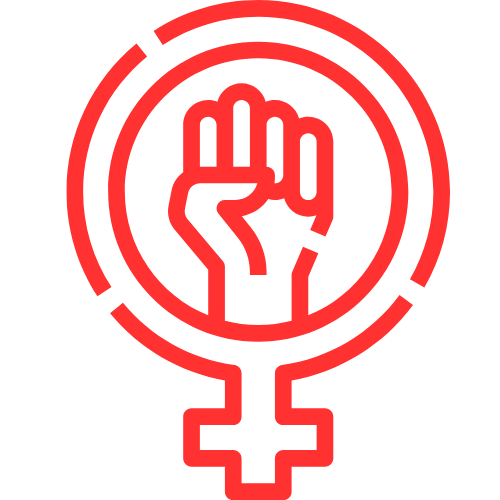
Empawa Mama
To support the long-term recovery and self-reliance of survivors through holistic mental health, peer support, and economic justice programming.
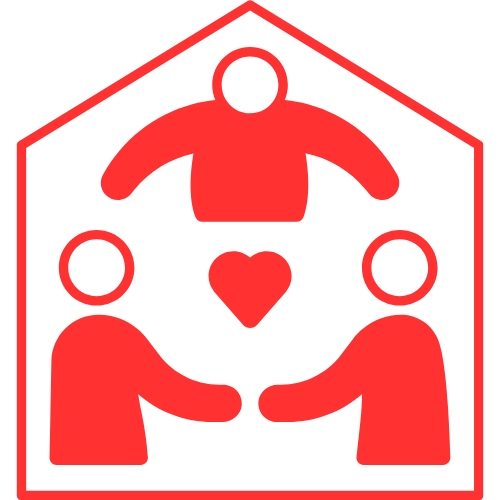
Safe Haven
Since 2020, Usikimye has operated three safe houses, providing shelter, healing, and economic empowerment to GBV survivors through skills training, entrepreneurship, and job placements.
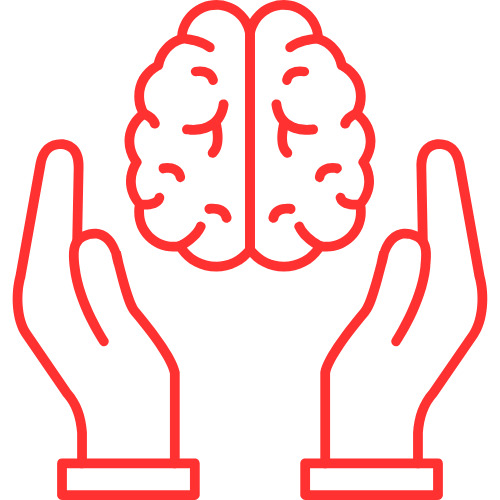
Uzima Mental Health
This is a community-led initiative designed to address the psychological toll of gender-based violence (GBV), poverty, and systemic marginalization on women and girls in Kenya.
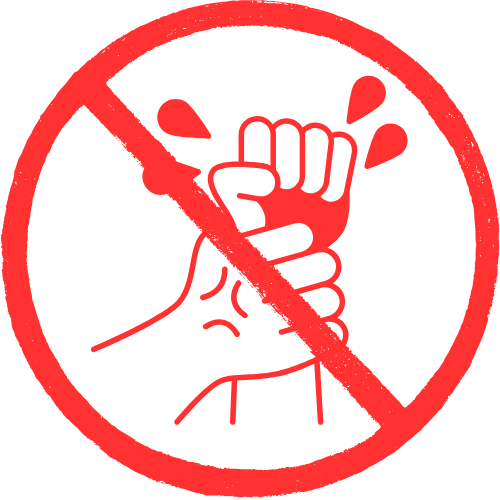
Femicide Accountability & Community Empowerment (FACE)
This is program is our comprehensive approach to tackling this urgent issue.
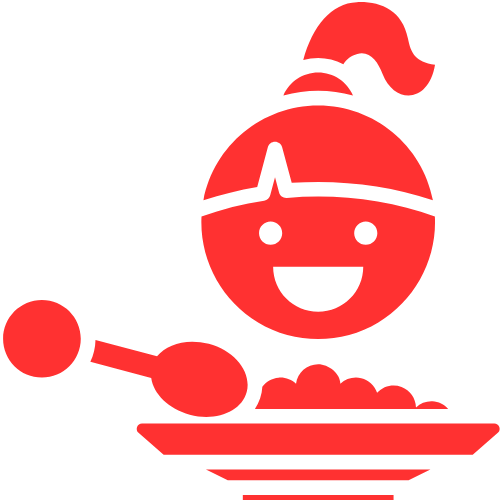
Watoto Washibe
This is a vital community initiative in Soweto, providing nutritious meals to children four times a week right outside our offices.

Binti Shine
We address the unique barriers adolescent girls and young women face, equipping them with the knowledge, skills, and confidence to make informed decisions about their bodies, their relationships, and
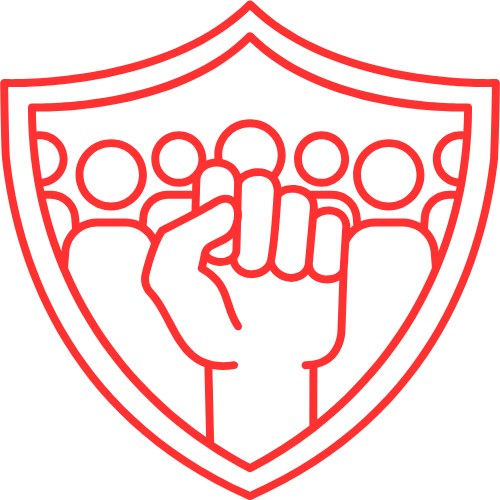
Salama Program
The Salama Program is designed to give survivors complete care to help them heal and rebuild their lives.
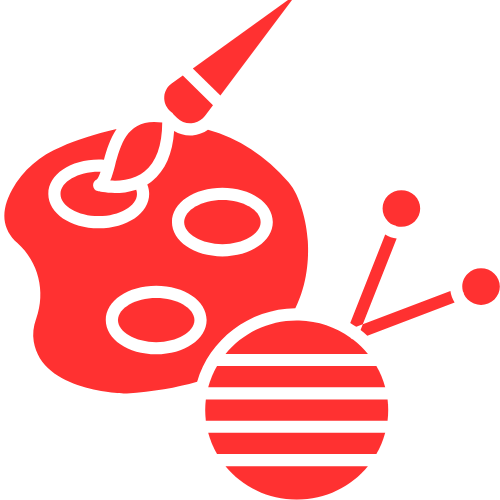
Scribbles & Stories
A continuing collaborative program by Usikimye and Watoto Wasome Organisation, dedicated to enriching the lives of children in in our community.
OUR IMPACT
Usikimye is transforming lives by providing critical support to survivors of gender-based violence (GBV) through three safe houses—two for women and children and one for men—offering refuge and safety. Our 24/7 GBV hotline responds to over 150 daily calls, facilitating rescues, referrals, and emergency shelter access. Since 2020, we have rescued 9,821 women and girls, 361 children, 14 infants, and 80 men and boys from abuse. Beyond shelter, we combat hunger by feeding 1000+ girls four times weekly and providing porridge and bread to 1800 children four times a week in Soweto’s slums, ensuring 1,000+ children receive nourishment weekly. Every number represents a life restored, a voice heard, and hope renewed.
Rescued Women & Girls
Calls Per Day
Children Fed Per Week
Safe Havens
Our Partners










Designed By AMPLINK CONSULT with love

